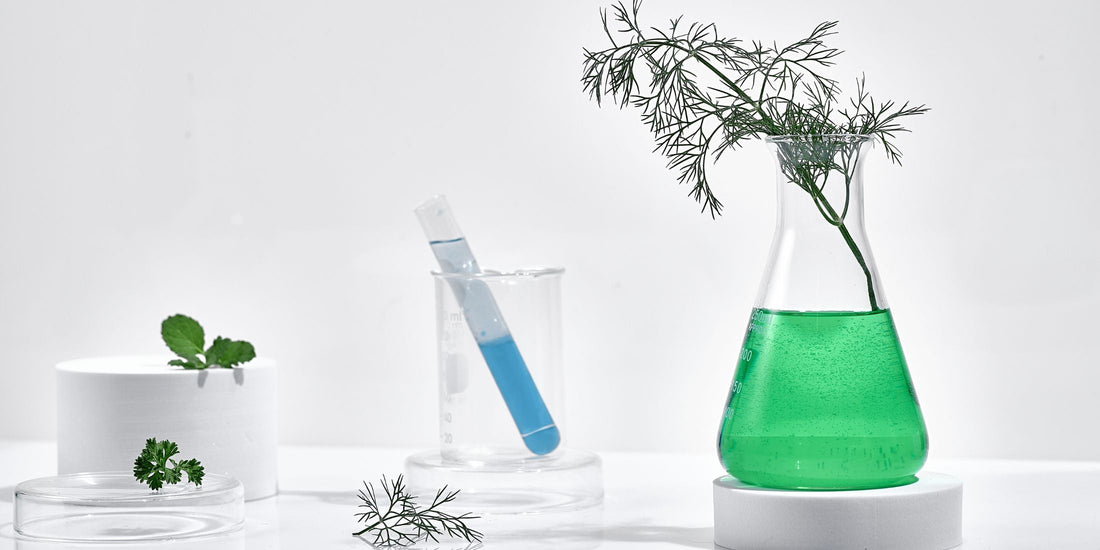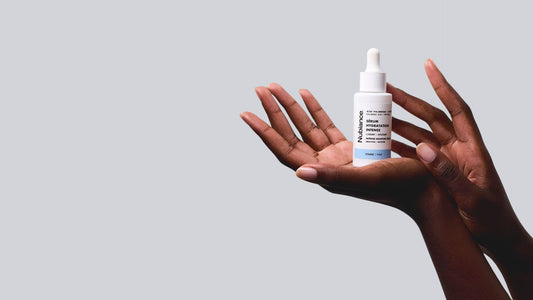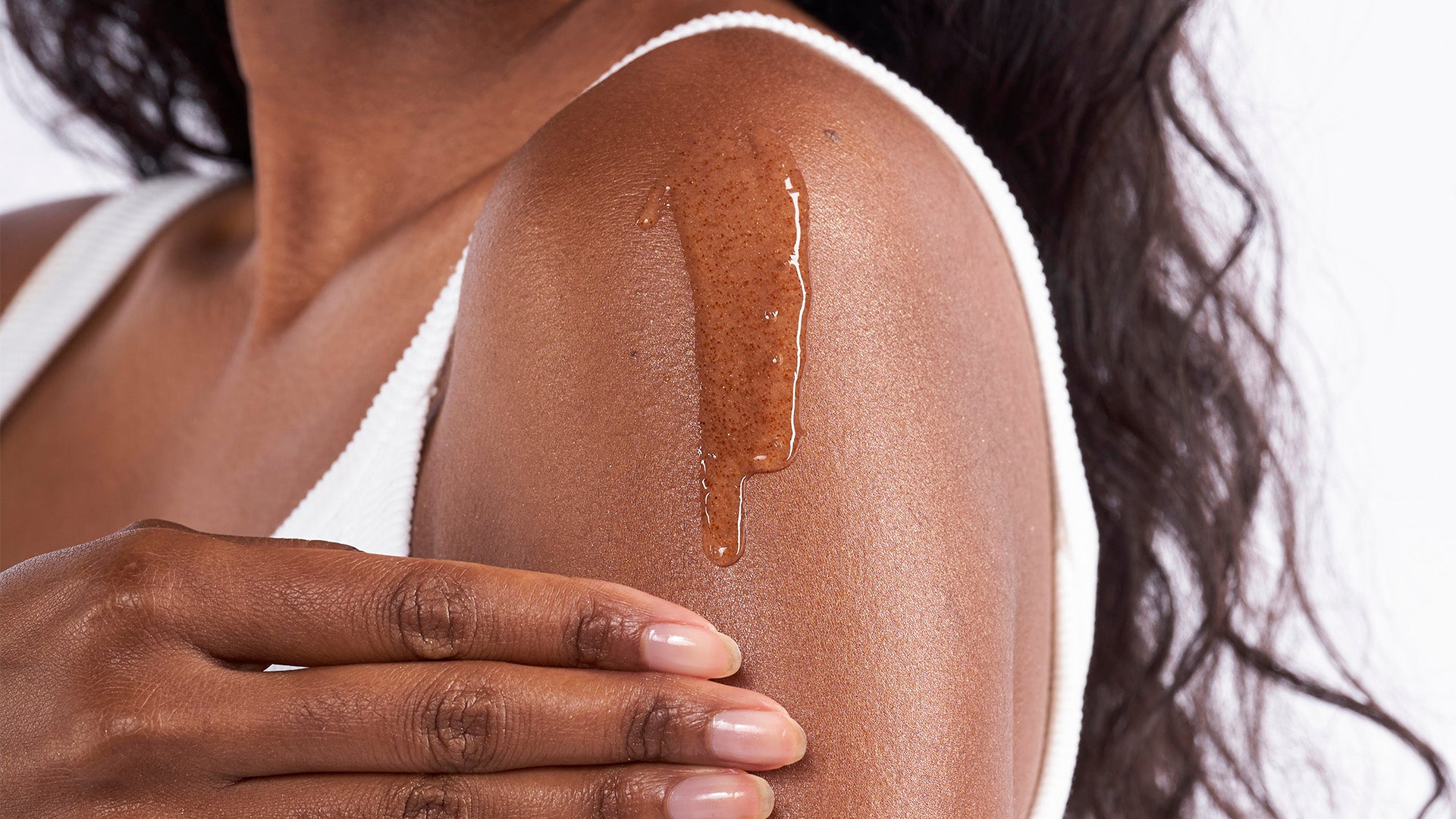
Which cosmetic active ingredients are incompatible with the sun?
Partager
Finding yourself with brown spots or sunburn on your face is never pleasant. Due to a lack of knowledge, we sometimes apply cosmetic active ingredients to avoid when we are exposed to the sun . Discover the list of ingredients to avoid during periods of high heat.
What is a cosmetic active?
A cosmetic active is an active ingredient used in beauty products. Its role is to treat skin imperfections. They also optimize the effectiveness of cosmetic products.
These ingredients can have different functions and properties:
- Anti-acne : they prevent and fight against acne;
- Antioxidant: they protect the skin against free radicals and damage caused by UV rays or pollution);
- Moisturizing: they help retain moisture in the skin and prevent dehydration;
- Anti-aging : they reduce wrinkles, fine lines and other signs of skin aging;
- Soothing: they have soothing properties that help calm and relieve sensitive or irritated skin;
- Lighteners : they reduce pigment spots ;
- Exfoliants: they help remove dead skin cells and improve cell renewal.
Depending on the type of product, the cosmetic active ingredients are present in precise concentrations to target and treat skin conditions without altering the epidermis.
They can be of natural, synthetic or derived origin.
Read also: what are the benefits of vitamin C on black skin?

Which cosmetic active ingredients are incompatible with the sun?
Cosmetic active ingredients and sun exposure may not go hand in hand. They can cause adverse skin reactions or increase the skin's sensitivity to UV rays. These reactions can include redness, irritation, burning, and hyperpigmentation .
Here are some active ingredients to avoid when you plan to expose yourself to the sun:
- Exfoliating acids : Alpha hydroxy acids (AHAs) such as glycolic acid, lactic acid, as well as beta hydroxy acids (BHAs) such as salicylic acid are powerful chemical exfoliants. They can make the skin more sensitive to the sun and increase the risk of sunburn;
- Retinol : This ingredient is derived from vitamin A, commonly used for its anti-aging and skin-improving properties. However, it can also increase the skin's sensitivity to the sun, causing a skin reaction
- Hydroquinone : This lightening agent is used to treat dark spots and hyperpigmentation. It can make the skin more susceptible to damage from UV rays. You should know that this ingredient is banned in many countries such as the United Kingdom, Japan, South Africa, and throughout the European Union;
- Benzoyl peroxide : This ingredient is often used to treat acne, but it can also cause increased sensitivity to the sun;
- Photosensitizing essential oils : bergamot, lemon, grapefruit and orange oils are photosensitizing. They can cause pigment spots when exposed to the sun;
- Certain plants and botanical extracts : these can make the skin sensitive to the sun.
In general, the instructions for use recommend using these products rather in the evening than in the morning. It is important to apply sun protection with at least spf 30 during the day.
Read also: Concealer treatment: 5 effective active ingredients!

Before buying a treatment, we recommend that you read the labels to know the active ingredients present in the product. Thus, you will avoid bad reactions on your skin. In addition, you ensure that these assets meet your specific needs. Do not hesitate to consult a dermatologist before using a new product.
You do not know which products could answer your skin problems? We invite you to make a free diagnosis.




